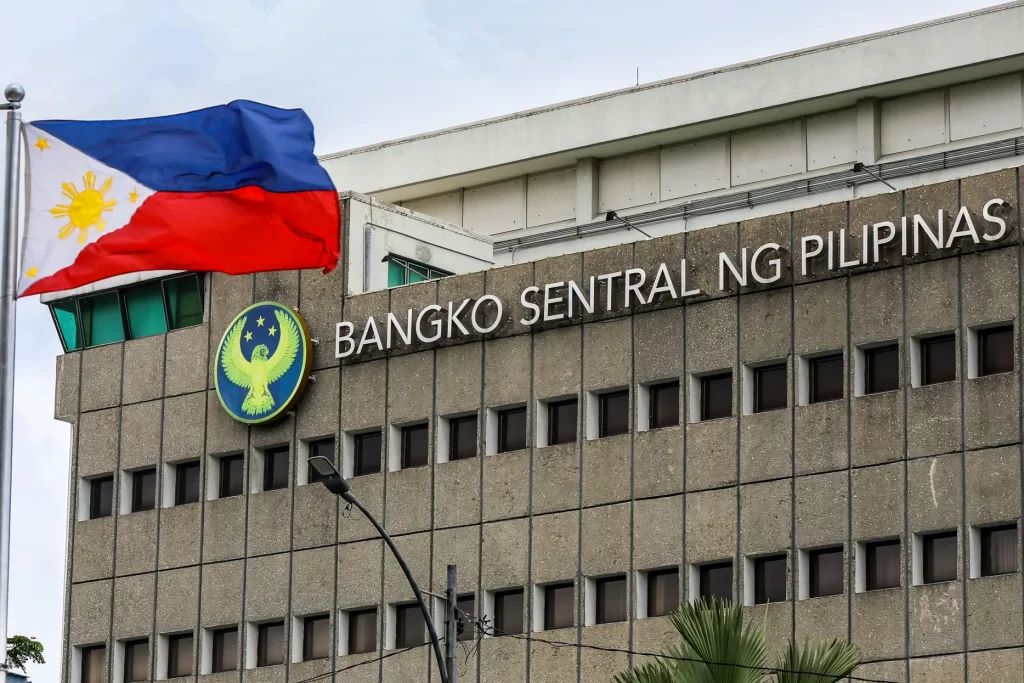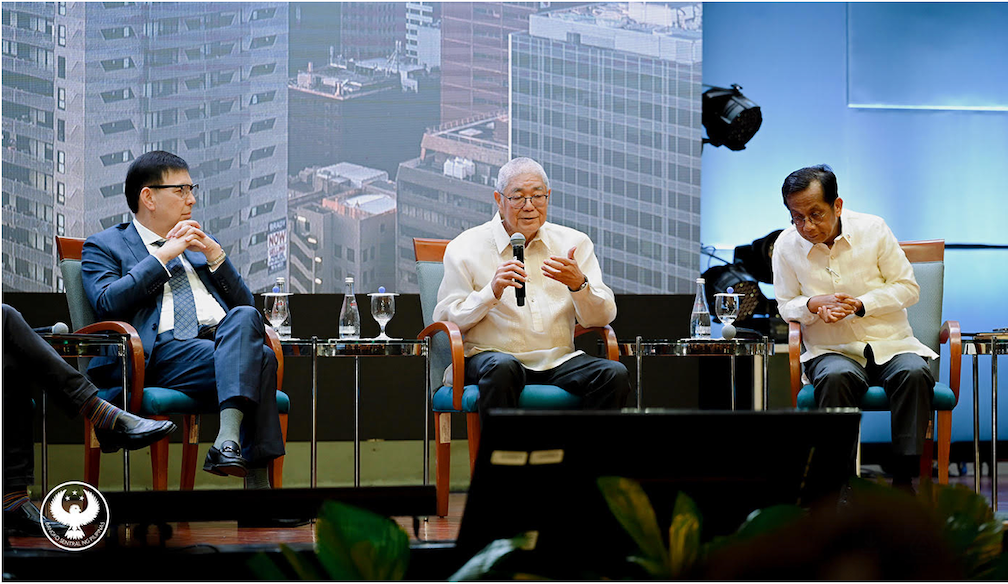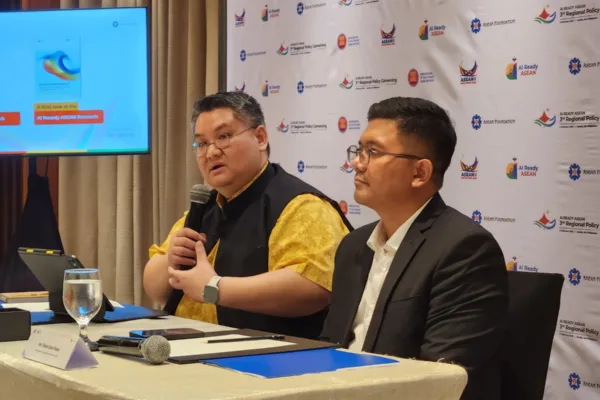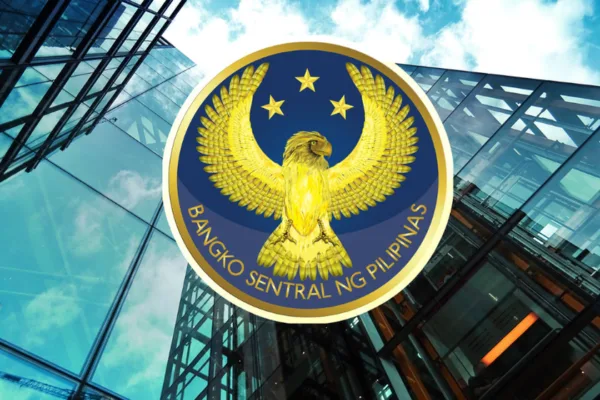In a powerful display of confidence in the nation’s economic future, Bangko Sentral ng Pilipinas (BSP) Governor Eli M. Remolona, Jr. declared that the country’s inflation outlook remains manageable for the year.

Speaking at the “Economic Forum 2025,” an event organized by the Economic Journalists Association of the Philippines (EJAP), Governor Remolona painted a picture of a resilient economy forging ahead despite global trade and policy uncertainties.
This optimistic stance is backed by the Philippines’ favorable 5.5-percent growth in the second quarter, a testament to the nation’s ability to maintain a strong performance even in a challenging environment.
The forum, attended by top economic officials including Finance Secretary Ralph G. Recto and Economy, Planning, and Development Secretary Arsenio M. Balisacan, served as a platform for BSP to articulate its strategic vision. It’s a vision that extends beyond traditional macroeconomic indicators, reaching into the very digital infrastructure that powers the modern economy. The central bank’s approach is one of careful balance: fostering an environment ripe for innovation while ensuring the stability and security of the financial system.
A clear path for payments digitalization

The BSP’s forward-thinking mindset was further clarified by the central bank’s recent guidance on technical service providers (TSPs). In a move designed to accelerate the digitalization of payments, the central bank confirmed that TSPs are not required to register with its office.
This decision is a strategic green light for BSP-supervised institutions (BSIs) to freely partner with these tech enablers, while maintaining full accountability for any associated risks.
A TSP is an entity whose function is limited to providing technical and operational support to BSIs. Unlike an Operator of a Payment System (OPS), which defines and controls a payment system’s framework and is therefore regulated by the BSP, a TSP simply offers the technological tools.
These services are often the backbone of seamless digital transactions, including data processing, IT infrastructure support, and authentication mechanisms. TSPs do not handle or store the value of funds, nor do they provide clearing and settlement services, a critical distinction that shapes their regulatory treatment.
This policy reflects the BSP’s philosophy of smart regulation. Instead of creating unnecessary red tape that could stifle innovation, the central bank monitors the performance of TSPs indirectly through the BSIs they serve. This principle of accountability is woven into existing BSP regulations on outsourcing, operational resilience, and IT risk management, ensuring a robust framework is in place without hindering the pace of digital transformation.
Balancing innovation and security

The BSP’s two-pronged approach — managing inflation while strategically promoting digital services — highlights its commitment to a holistic economic agenda. The central bank recognizes that to build a prosperous and inclusive economy, it must not only address traditional challenges like inflation but also actively nurture the ecosystem of financial technology.
The recognition of TSPs’ role in advancing payments digitalization is a clear nod to this, aligning with the development goals laid out in the Philippine Development Plan (PDP) 2023–2028.
By fostering a stable macroeconomic environment and a clear, supportive framework for fintech players, the BSP is actively building a secure foundation for the future. The message is clear: the Philippines is open for business and innovation, but accountability will remain a non-negotiable cornerstone.
This dual strategy positions the nation not just as a hub for economic growth, but as a leader in creating a digital financial landscape that is both dynamic and dependable. It’s an approach that promises to unlock a new wave of economic opportunities, driven by both prudent policy and technological ingenuity.








